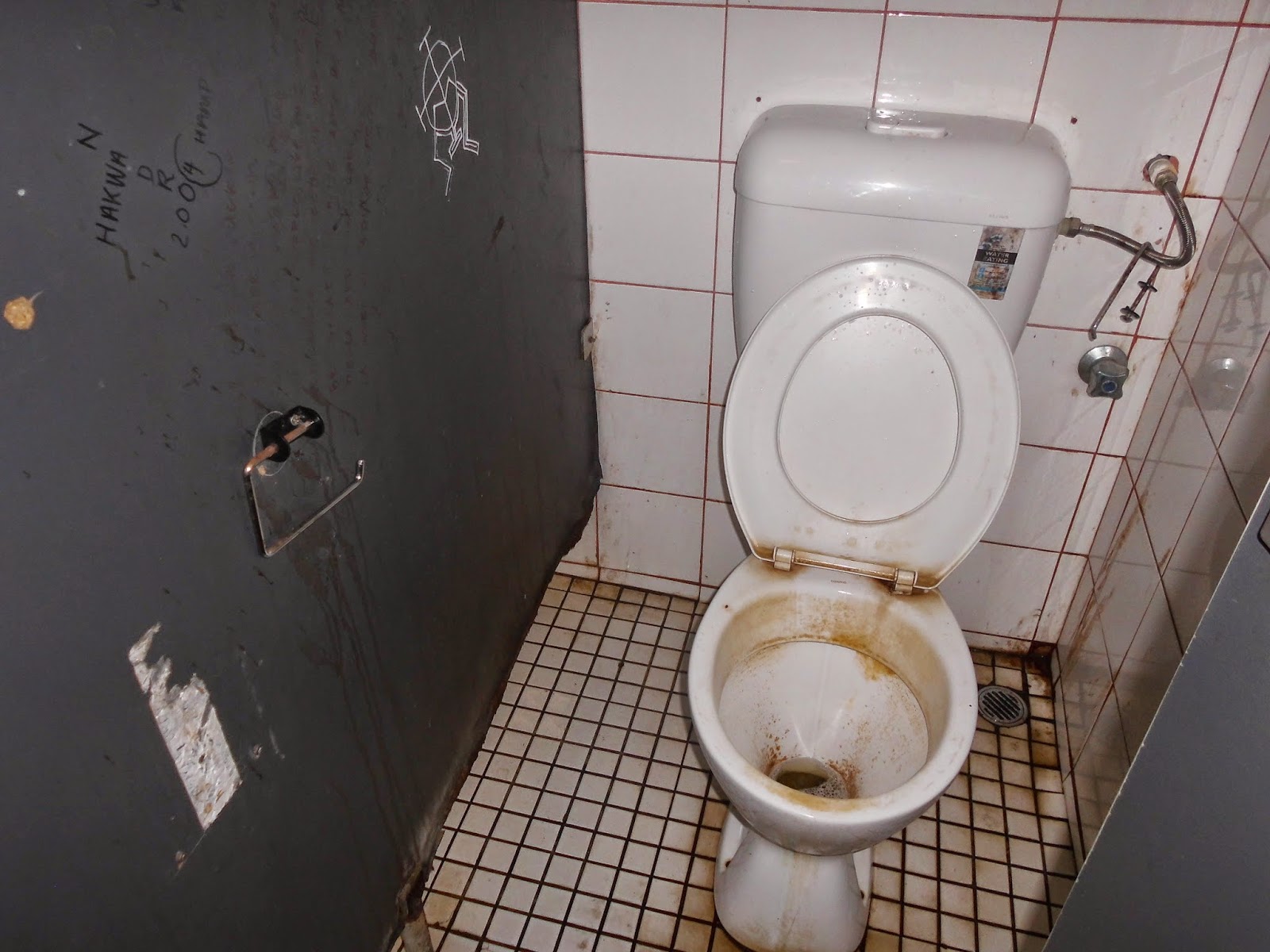Are there things to look at and improve on them at the
University of the South Pacific, Laucala Campus?
Apart from academic studies, there are some things observed
that need special attention to improve for a conducive environment for studies.
In front of the main lower gate are potholes which passing
vehicles during rainy days can splash water on students walking along the walk
path. There is a need to fix the potholes to avoid inconvenience especially
during rainy days.
A water pole behind the security guard house at the upper
gate is a concern because of its current state. It can be a breeding ground for
mosquitos which may contribute to the spread of deceases such dengue. There is
a need to clean it regularly with proper drainage system to make the water flow
through.
A lot of computers in the Computer labs are idle and need to
be fixed. These can help to provide services for students to use the computers
because it is believed that many students need to do their works on the
computer labs. There are many computers in the Ware House lab which are seen
not functioning to date.
It is interesting to see that in-house rules in the computer
labs are not observed. This is seen in the Ware house computer lab which the
rules are not observed and no one is there to make sure that the rules are
observed by users to provide convenience for every student.
When looking for free computers in the lab, most are
occupied and one thing interested to see is that most users are on face book
and watching movies. Compared to those who need to complete assignments on
time, there is need to do something worthwhile when using the computers in the
computer labs. After all, everybody pays for the use of facilities.
Cleanliness is important for a healthy life. One of the
practices seen in the Ware House lab is the littering and no proper rubbish
bins in the room. There should be proper rubbish bins.
Walking in most of the toilet rooms is worse still. There is
a need for regular and proper cleaning of the toilet rooms especially the male
toilets. This is especially with the ones that are frequently used by students.
Going through the Science Faculty, there are lifts seen as
idle for years and are not functioning. There is a need to fixed the so that
they can be used as intended.
Having observed the mentioned, it is a concerned that these
are looked at seriously. Life at USP can be enjoyed to the full if these
concerns are considered for improvement.










.jpg)
